We all know running is good for you, in moderation at least. But why and in what ways exactly does trail running benefit our health?
We asked an expert, Professor John Brewer to break it down for us so you can understand exactly how running 1000 miles in our challenge will boost your physical and mental health. This article is brought to you by our Run 1000 Miles Challenge.
Vision
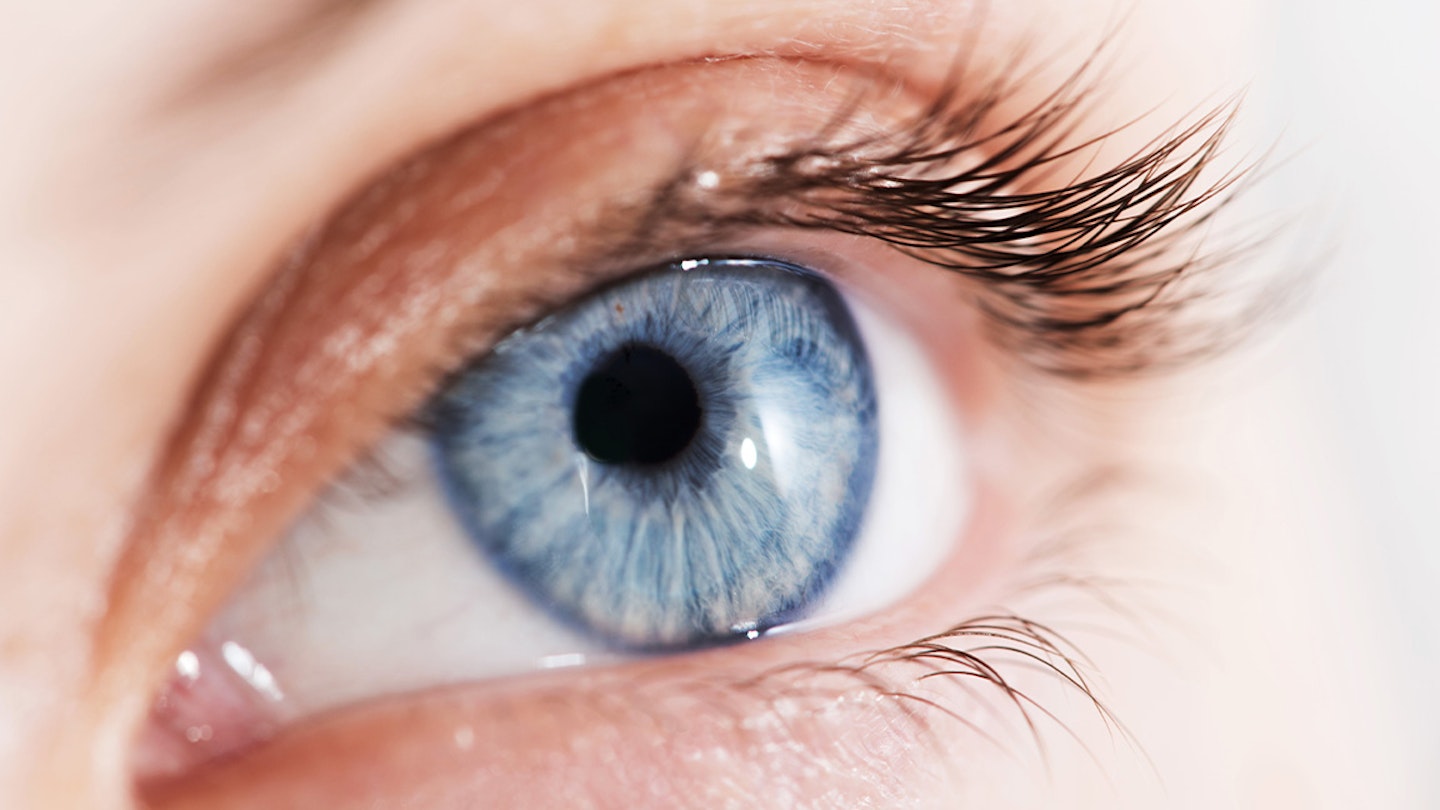
Most of us spend many hours each day staring at the screens of mobile devices and laptops, a problem which has become worse with so many of us working from home. Running offers a great way of reducing the eye strain associated with screens – by focusing on distant objects or great views, we can relax the eyes and eye muscles, and give them a welcome break.
The immune system
Scientific studies have shown that a sensible amount of running can boost the immune system, although the flip side is that too much running, with limited recovery, can have the opposite effect.
There has never been a more important time than the present to have an immune system which is ready for a battle. When we run, the white blood cells (which are the body’s defence mechanism to fight infection), are sent out into the blood stream to do battle with potential inflammation and infection.
Mental health
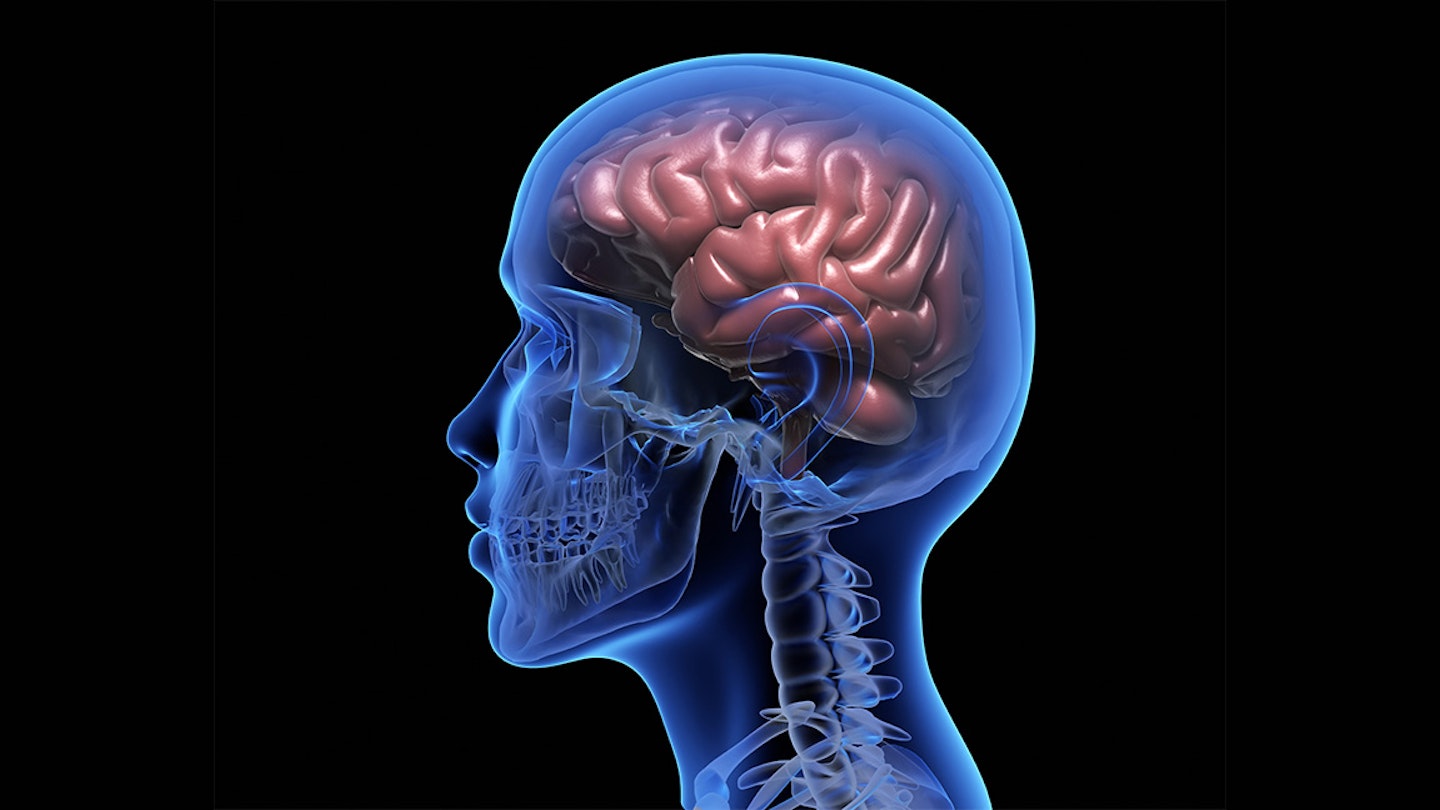
Even before the pandemic, sports psychologists had shown that running is a great way to boost mental health. The trials of lockdowns really highlighted the benefits of hitting the trails and enjoying the freedom of the outside environment, offering a chance to clear the mind of problems that are only too quick to build up when stuck indoors.
Although running produces endorphins, a natural opiate which can be behind the so-called “runner’s high”, the simple act of running outdoors has become an increasingly popular way of maintaining mental health.
Keeping healthy
Numerous research studies have found people who exercise tend to suffer from fewer illnesses and even life-threatening diseases than those who don’t. Running helps to keep the heart healthy, lower cholesterol, and reduce blood pressure. Diabetes and even some cancers are known to be lower in those who run and exercise regularly.
Vitamin D
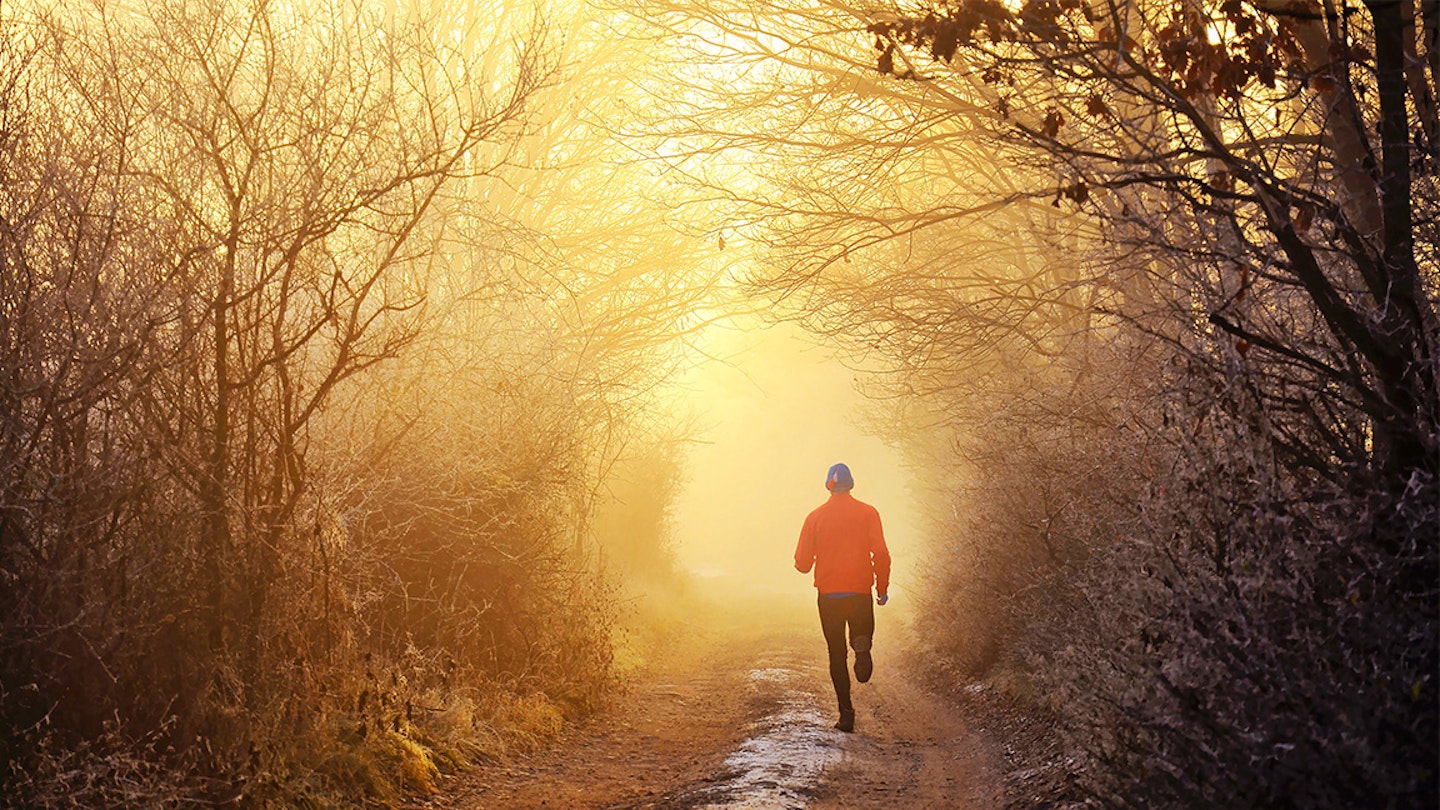
In winter, our vitamin D levels can reduce because of less exposure to sunlight. Running can help offset this, and sensible exposure to the sun at all times of the year is one of the best ways for the body to absorb the vitamin D it needs to stay healthy and fight infection.
Pure air
Scientists have shown that the air we breathe in when close to towns, cities and roads is often high in harmful particulates which can irritate the lungs, reduce oxygen uptake capacity, and in extreme circumstances, can cause breathing difficulties.
But the good news is that as soon as you hit the trails, and move out into the countryside, the concentration of particulates in the air decreases exponentially – the air going in and out of your lungs is much purer, which makes breathing and running easier and healthier.
Muscle strength
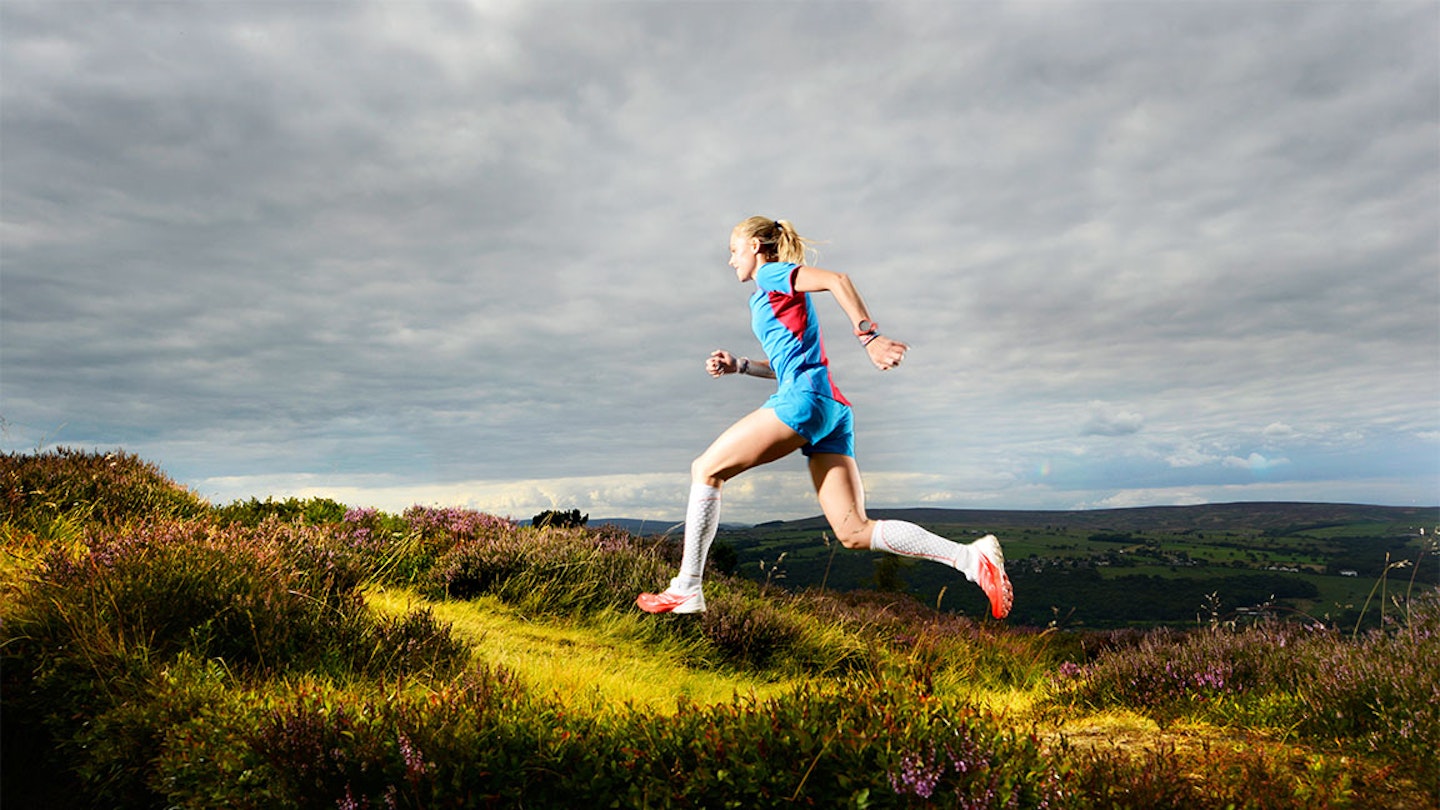
Running overloads the muscles, and this overload will improve and maintain muscle strength, especially in the legs and trunk. This makes many everyday tasks far easier, and of course running up hills, or running at speed, becomes much more efficient with stronger muscles.
Bone strength
Osteoporosis, or a weakening of the bones, is a common problem for many older people, particularly females. However, biomechanical studies have found that the repetitive impact forces that are created when the foot hits the ground with each running stride actually help to strengthen the bones and reduces the risk of fractures associated with osteoporosis.
Quality of life
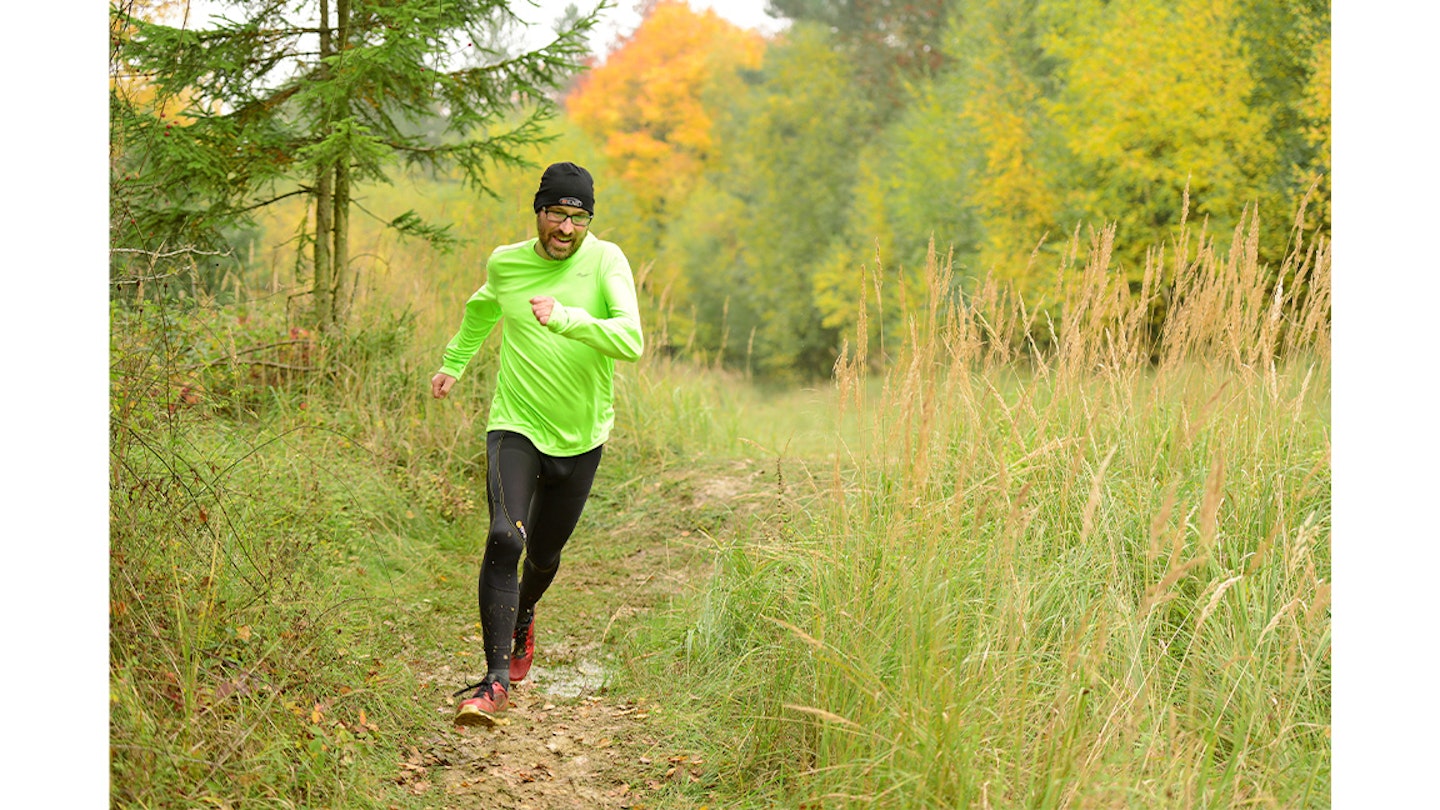
Although there is no firm evidence to show that runners live longer than non-runners, we can be pretty certain that the health benefits from running mean that runners will have a higher quality of life in their later years than those who don’t run.
The adage of “use it or lose it” is never truer as we age, so using the lungs, heart and muscles when running means that our bodies find it far easier to stay active in older age.
Weight management
Burning calories by running is a great way of keeping weight under control. For an average sized person, each mile run on trails uses about 120 calories, so a five-mile run uses around 600 calories. As well as helping to control body weight, this also means runners can afford to eat a bit more than non-runners, with less fear of putting on the pounds. Bear in mind, though, that you need to burn about 4000 calories more than you eat to lose 1lb of body fat!
This article is brought to you by the official Trail Running Run 1000 Miles Challenge.

